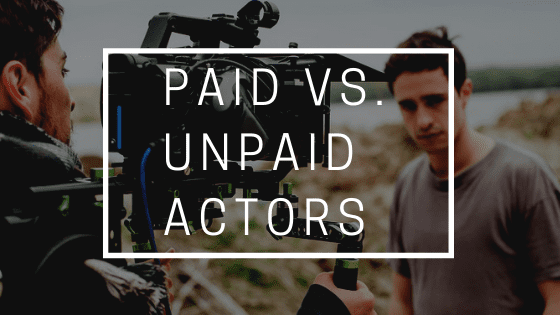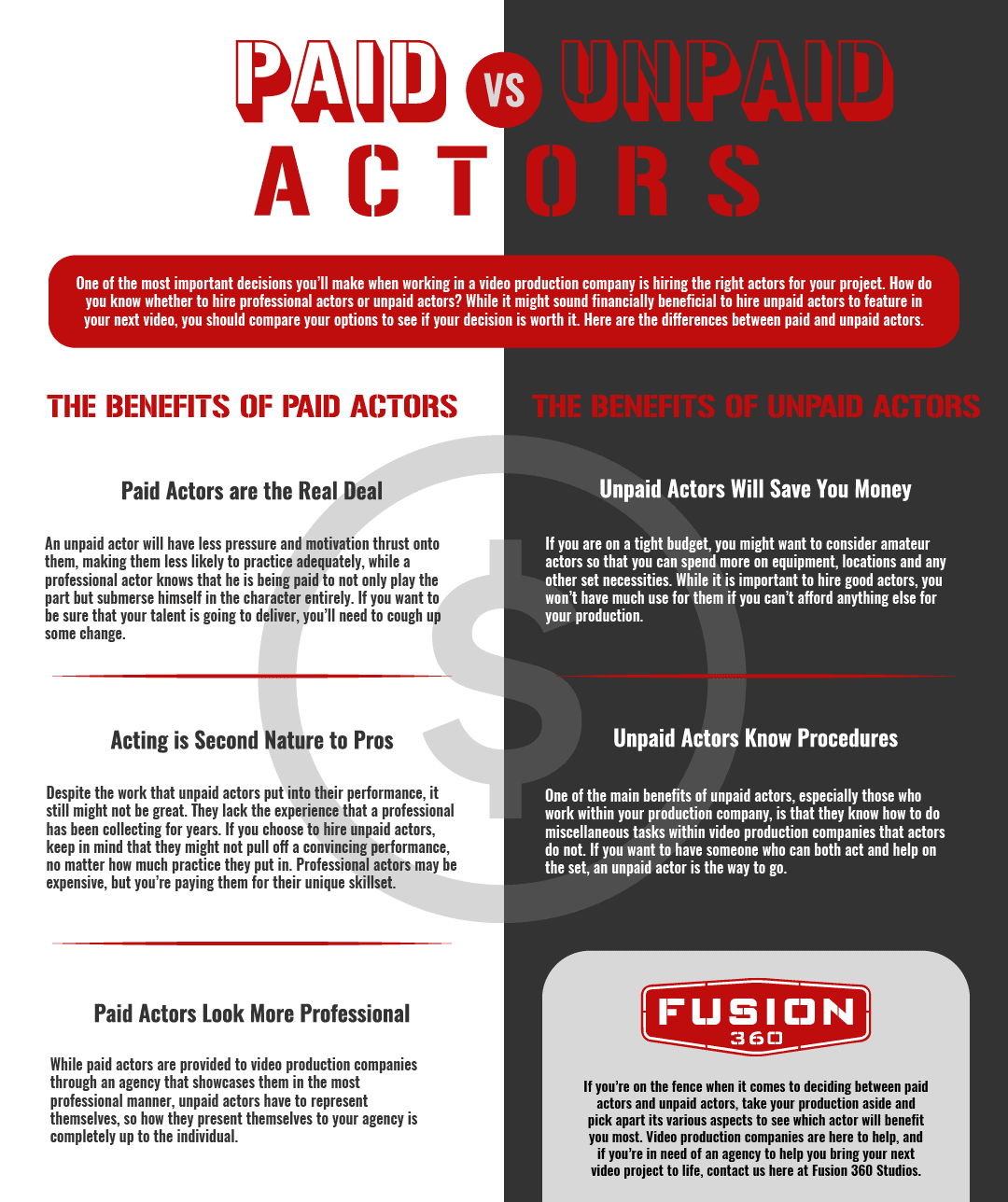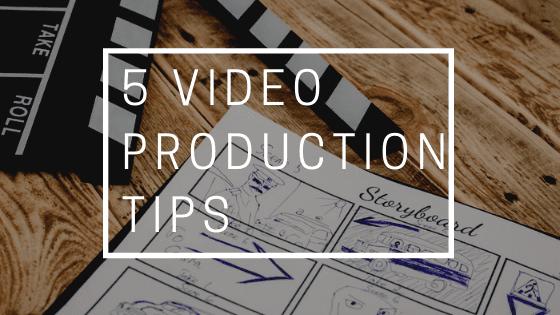
It doesn’t matter what line of work you are in, you are going to have to make a video at some point. As a video production company dedicated to quality work, we want to help everyone produce professional-grade videos they can share. In order to create a video that your target audience enjoys, here are five tips that will get you there!
PROPER PRE-PRODUCTION WORK
All video production companies know that pre-production work is arguably the most important portion in video making. Without putting in work before you start shooting your video, you can run into a handful of problems. For example, if your company forgoes researching what your target audience’s interests, behaviors or selling points are, you’re going to waste a lot of time and money on a video that doesn’t appeal to the audience you want.
Speaking of money, without proper planning, you will have problems with things like budgeting, execution and purpose. When you don’t plan appropriately and end up misjudging your budget, you can expect bad results overall. In addition, how your video is executed oftentimes comes down to how well you’ve planned. Video production companies always have a detailed plan for each video they make, that way they are able to stay within budget, execute on everything they intend to, and ultimately follow to the purpose of the video.
After you’ve put in the work needed during pre-production, you are ready for the production aspects.
CAMERA
Before anything else within the production phase, you’ve GOT TO HAVE A GOOD CAMERA. If you try to make a video without a quality DSLR camera, you are going to end up with a video that people won’t be able to take seriously. If the image is questionable in the least, people are much more likely to not take your business seriously. Make sure you find a quality camera and someone that knows how to work it.
AUDIO
The same goes for your audio — if your audio is unprofessional, it makes it just as hard to take your company seriously. This means that the voices can’t be too quiet, muffled or accompanied by ambient noises. The best resolution is to invest in a microphone for your on-screen talent to use. If you do not have any dialog, you still need to be careful with the decibel-level of any background music you use.
LIGHTING
Unlike the previous two factors, lighting isn’t something that will wreck your production entirely (unless it’s REALLY bad), but it is something that can take it to the next level! Video production companies will often suggest that you set up three-point lighting in order to make sure your on-screen subject is captured professionally.
SIMPLE POST-PRODUCTION
The last tip is to keep your post-production simple. This has to do with your planning and execution, but in order to wrap up your video smoothly, you can’t expect your video editor to throw everything together easily if your video demands complex edits. Animations, motion rendering, key-framing and more can be really difficult and cost a lot of money. By keeping your video simple and not overly complex, your post-production work will be much easier.
If You Need Help From Professionals
Fusion 360 is a quality video production company that can help your company with your video needs. Contact us today and we will see what we can do for you!


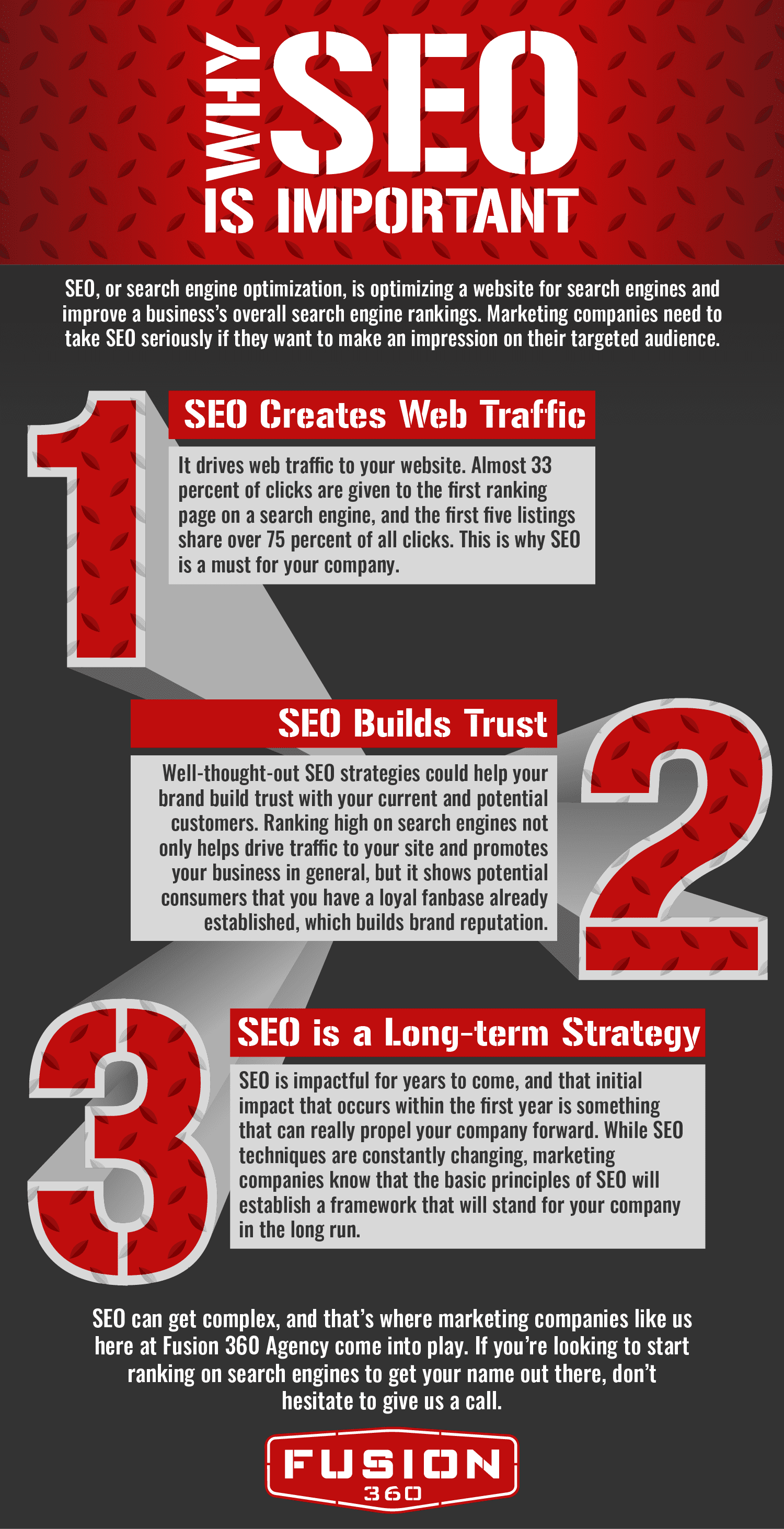 SEO Creates Web Traffic
SEO Creates Web Traffic 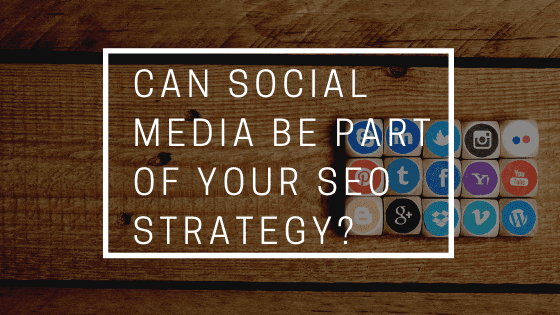
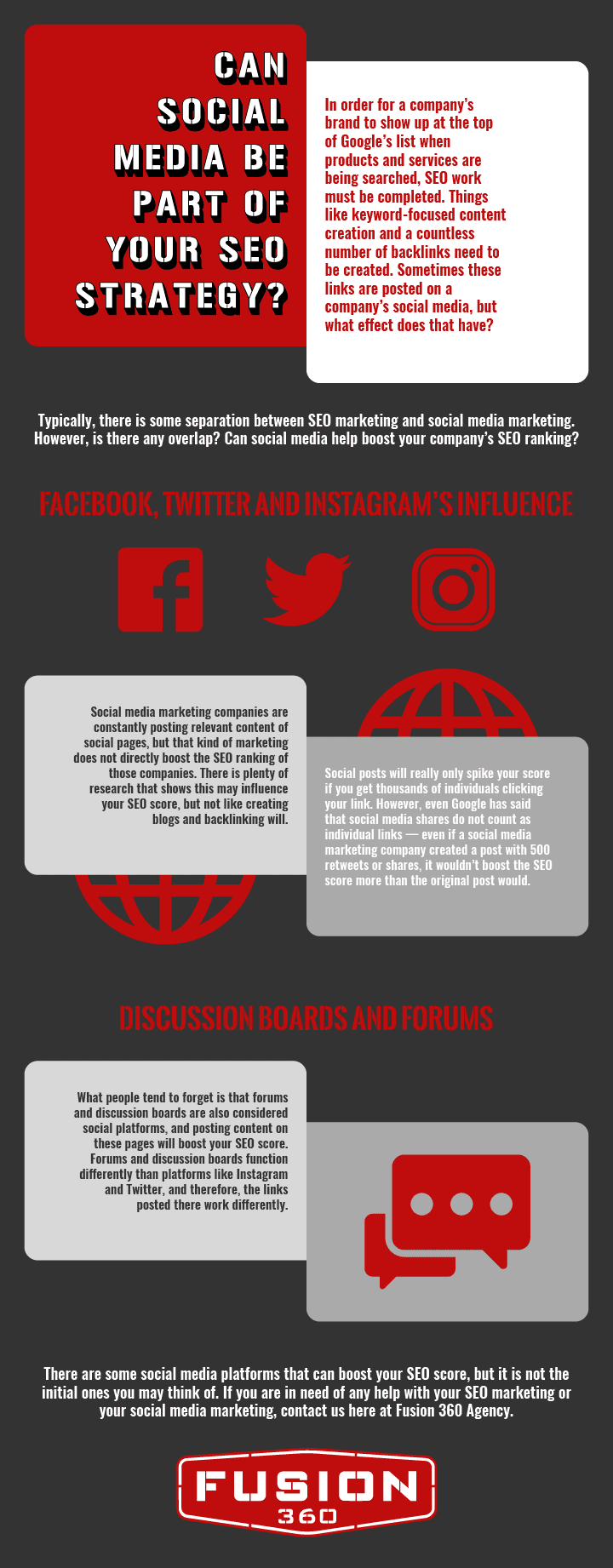 FACEBOOK, TWITTER and INSTAGRAM’s INFLUENCE
FACEBOOK, TWITTER and INSTAGRAM’s INFLUENCE
 WRITING TEAM
WRITING TEAM
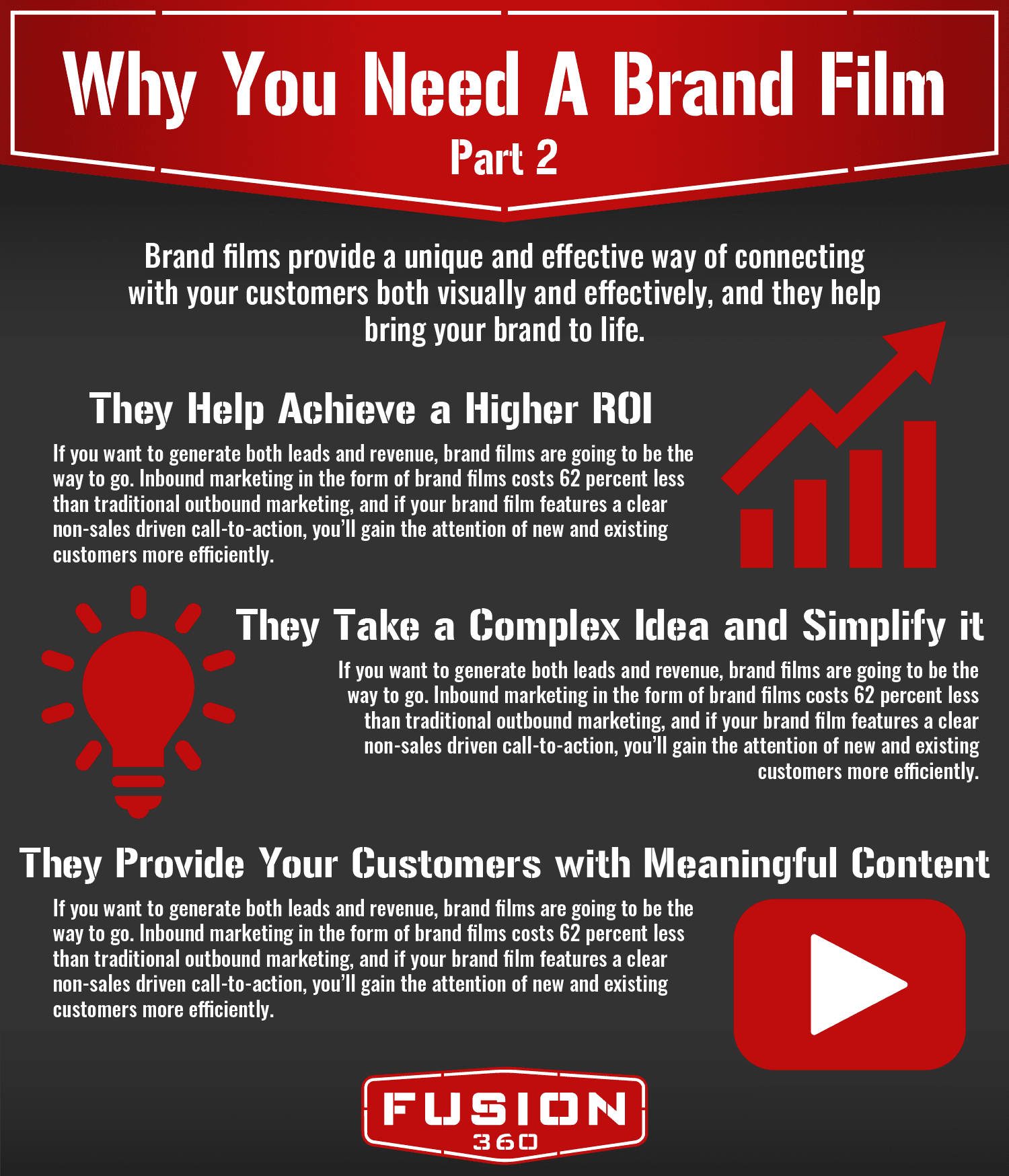 They Help Achieve a Stronger ROI
They Help Achieve a Stronger ROI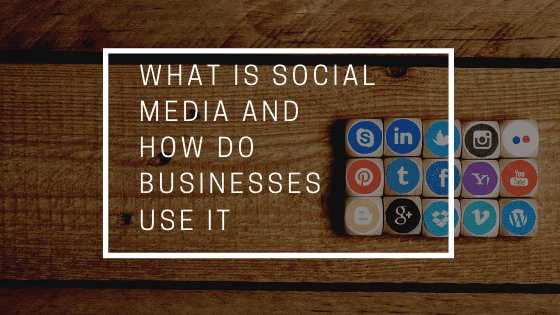
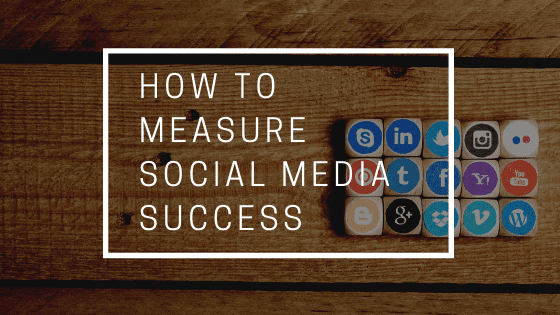
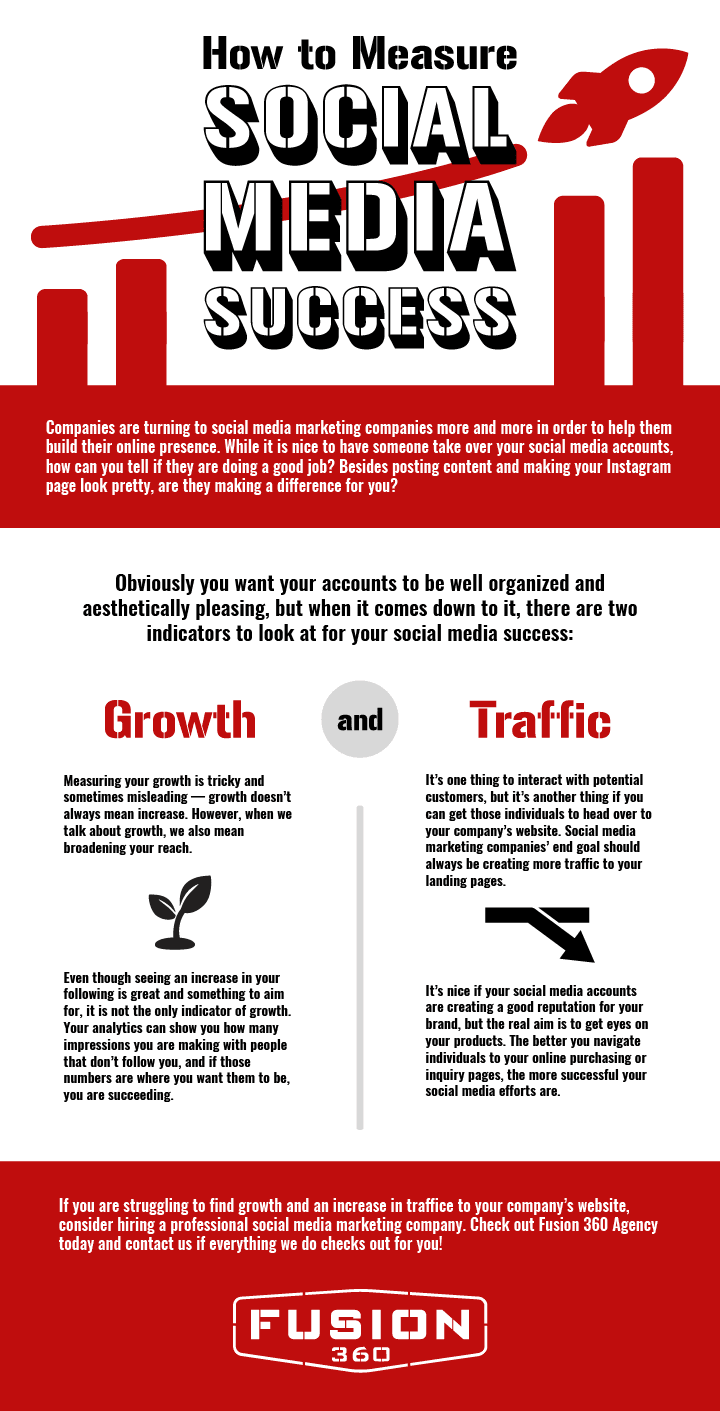 Growth
Growth
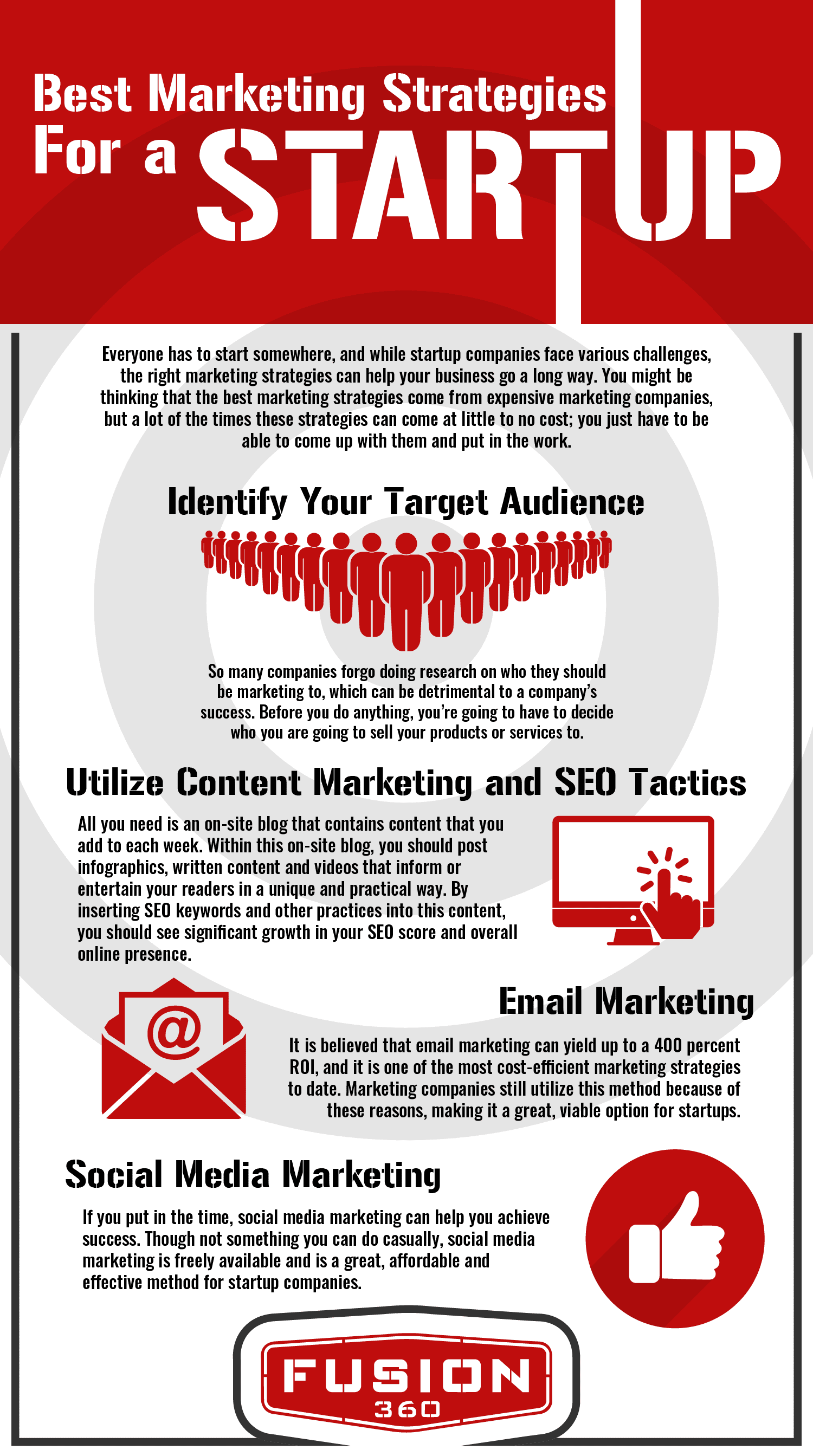 Identify Who You Target Audience Is
Identify Who You Target Audience Is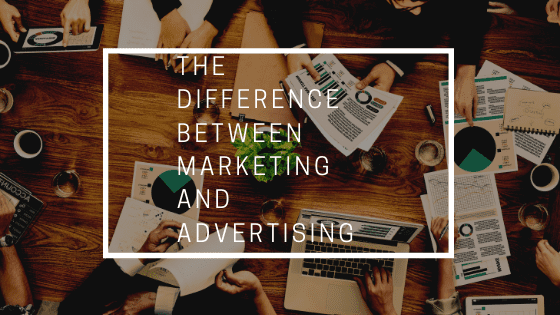
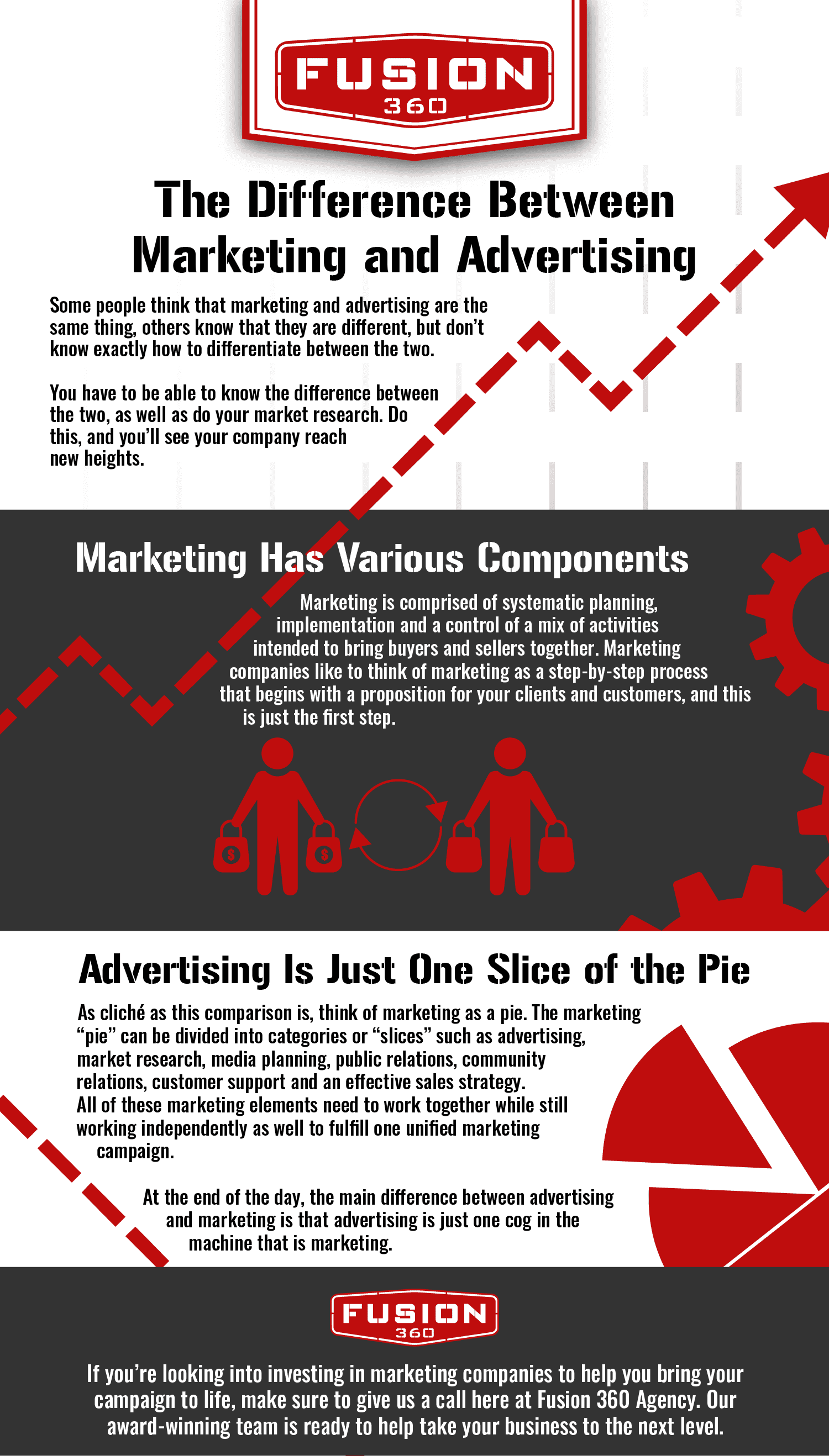 Marketing Has Various Components
Marketing Has Various Components